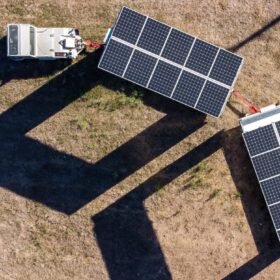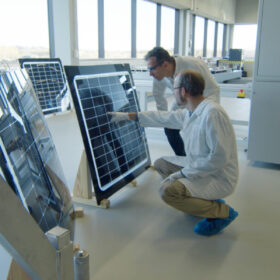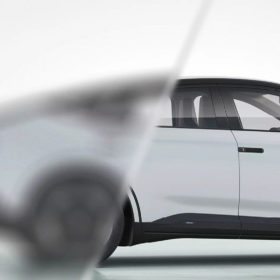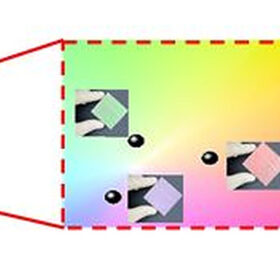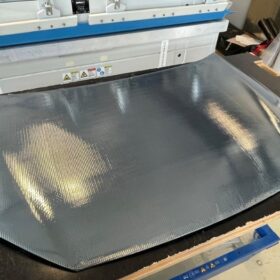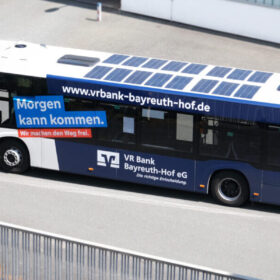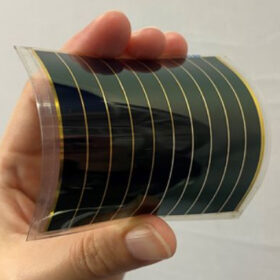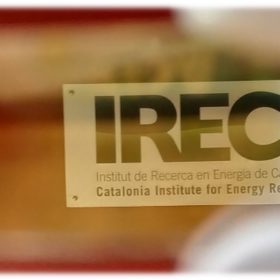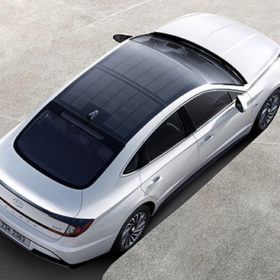Vehicle-integrated photovoltaics for electric ground transport
Canadian custom module manufacturer Capsolar developed a vehicle integrated PV system (VIPV) for an electric material towing application, reportedly enabling 30% to 40% range increase per battery charge.
Imec integrates silicon heterojunction solar cells into curved surfaces
Imec has successfully integrated silicon heterojunction PV cells into curved surfaces, resulting in a 6% efficiency increase compared to passivated emitter and rear contact (PERC) half cells. The cells are suitable for applications in vehicle-integrated and building-integrated PV (BIPV).
Urban shadowing on solar-powered vehicles
New research shows high potential for solar-powered vehicles across the world, providing between 11 km/day/kWp to 29 km/day/kWp of extended range in open areas, enabling significant levels of self-sufficiency.
New techique to color flexible thin-film BIPV, VIPV panels
Researchers in South Korea have developed a process to enable colored and flexible, thin film modules suitable for vehicle and building-integrated PV applications. It is reportedly a low-cost process that does not significantly impact power conversion efficiency.
Fraunhofer ISE integrates solar cells into car hood
Germany’s Fraunhofer Institute for Solar Energy (ISE) has advanced vehicle-integrated PV (VIPV) technology by installing solar cells directly onto a standard sheet-metal car hood. The researchers placed a 115 W prototype array on the hood of a Volkswagen with a specialized lamination process.
Sono Motors equips first bus with PV retrofit solution
Sono Motors has equipped its first bus with its PV retrofit solution, featuring 16 semi-flexible rooftop solar modules to feed 1.4 kW of output into the vehicle’s battery system.
Enecoat, Toyota develop perovskite solar cells for vehicle-integrated applications
Toyota says it will combine EneCoat’s perovskite solar cells and its own in-vehicle technologies for solar panels. Enecoat has developed a perovskite module conversion efficiency of 19.4%.
Hydrogenated amorphous silicon oxide solar cell for BIPV, VIPV, agrivoltaics
Scientists in Spain have developed a transparent solar cell with an average visible transmittance of up to 66%. The device could be used for ubiquitous device functionalization, including indoor PV and agrivoltaics.
Sun-tracking vs. fixed vehicle-integrated PV
European researchers have evaluated the electricity generation, levelized cost of electricity (LCOE), and payback period of vehicle-integrated PV in EVs.
Video: TNO expert discusses outlook for future development of solar vehicles
Bonna Newman, program manager at TNO, speaks to pv magazine about the road forward for vehicle-integrated PV, which will likely remain a niche over the short term, despite recent industrial developments. Several companies have started production, but high-volume output and the potential of other PV technologies beyond crystalline silicon remain key challenges for the future of vehicle-integrated solar.
